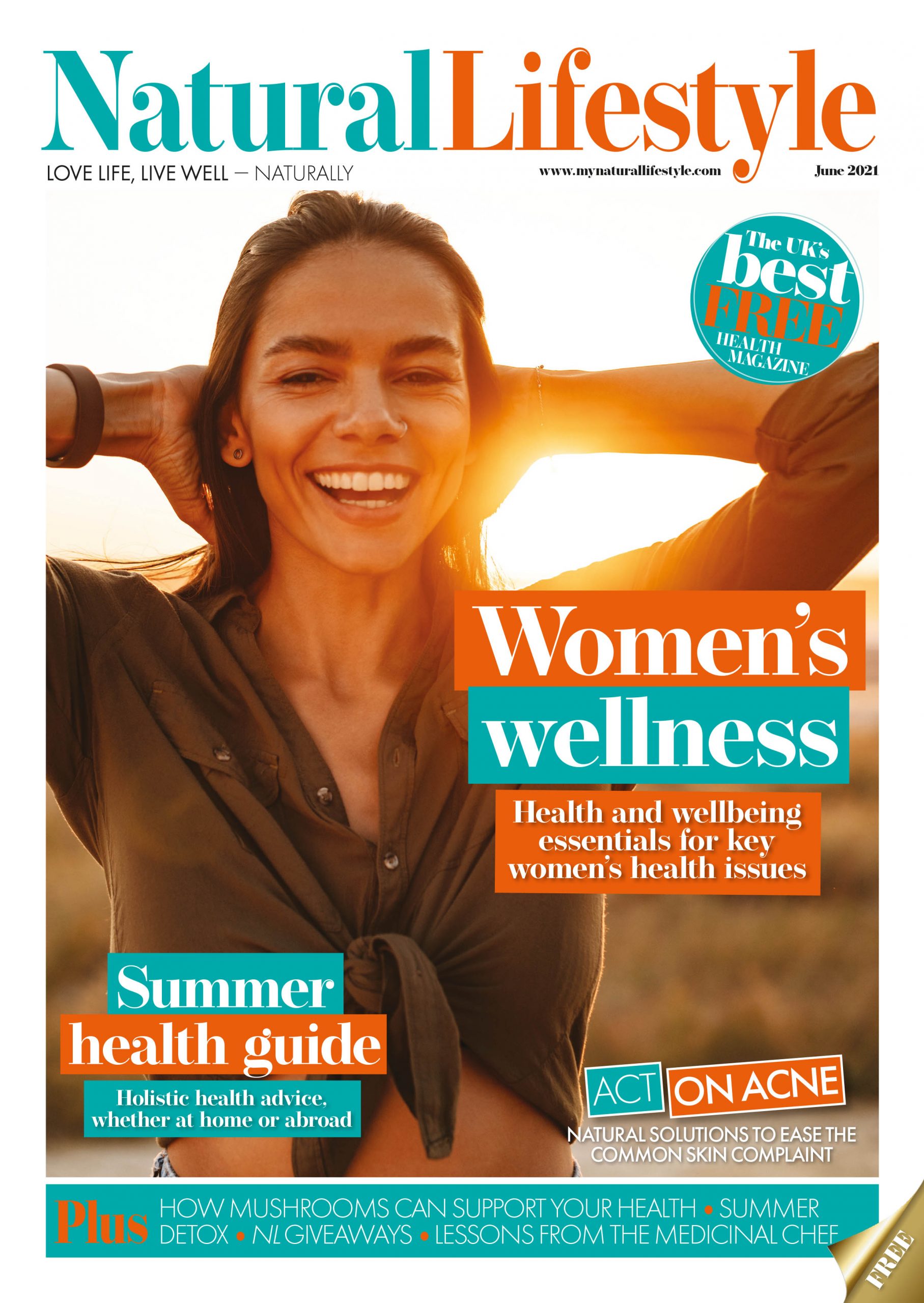The sun can help boost our mood, and make us feel good, but it can also cause serious damage to our skin and our health.
And so, the British Association of Dermatologists’ is reminding us all to take care of our skin as part of the recent Sun Awareness Week, with tips including:
- Protect your skin with clothing – don’t forget to wear a hat that protects your face, neck and ears.
- Spend time in the shade between 11am and 3pm when it’s sunny.
- When choosing a sunscreen, look for a high protection SPF (SPF 30 or more to protect against harmful UVA). Apply plenty of sunscreen 15-30 minutes before going out in the sun and reapply every two hours.
- Be sure to reapply sunscreen after swimming and towel drying.
- Keep babies and young children out of direct sunlight.
Adhering to these tips is crucial so you don’t become one of the concerning statistics; seven people die from skin cancer every day in the UK and more than 100,000 new cases of all skin cancer are diagnosed in the UK each year.
Rates of malignant melanoma are rising faster than any other type of common cancer, and at least two 15-34 year-olds are being diagnosed with malignant melanoma every day in the UK.
Dr Bav Shergill, Consultant Dermatologist and British Skin Foundation Trustee, commented: “Most skin cancers can be cured if detected early. The best way to detect skin cancer is to check your skin regularly, about once a month. You should examine the skin all over your body, from top to toe. Ask a friend or member of your family to look at areas you can’t see, such as your scalp, ears and back. Look out for moles or patches of skin that are growing, changing shape, developing new colours, inflamed, bleeding, crusting, red around the edges, particularly itchy, or behaving unusually.
“Remember, if in doubt, get it checked out straight away. We recommend that you tell your doctor about any changes to a mole or patch of skin. If your GP is concerned about your skin, make sure you see a Consultant Dermatologist – an expert in diagnosing skin cancer. Your doctor can refer you for free through the NHS.”
Find out more at www.ittakesseven.org.uk


